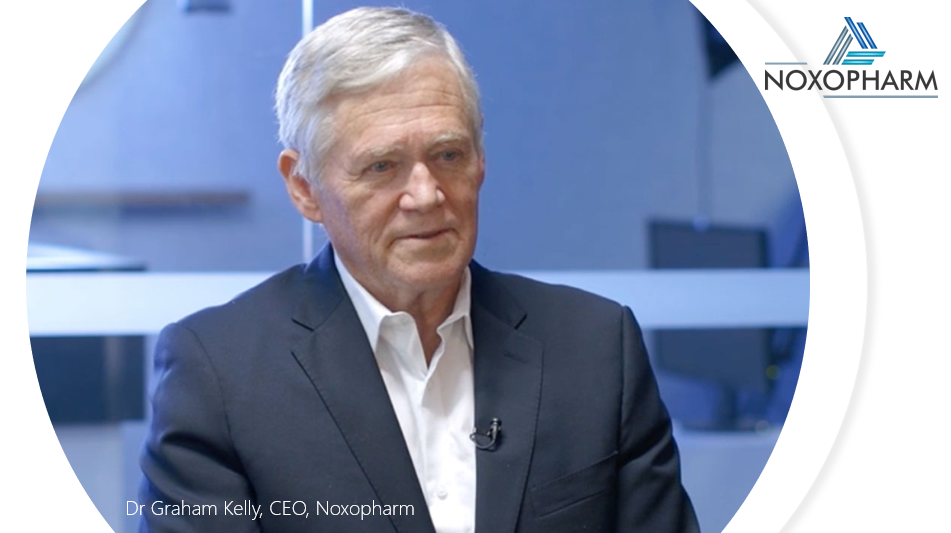News & Trends - Biotechnology
Australia’s Noxopharm advances NOXCOVID study

Biotech News: Australian clinical stage drug development company, Noxopharm, announced that the latest formal review by the NOXCOVID-1 Safety Steering Committee has cleared it to advance to the fifth and final dosage cohort.
The NOXCOVID-1 phase 1 dose-escalation and dose-expansion study incorporates patients experiencing lung dysfunction associated with COVID-19.
Investigators moved to the 1800 mg dose after they reviewed the safety profile of Veyonda in 12 patients from Cohorts 3 and 4 (involving 800 and 1200 mg Veyonda respectively).
The Company will be reporting formally on efficacy in due course, with the overall objective being to use Veyonda to block the cytokine release syndrome (so-called ‘cytokine storm’) that leads to patients requiring intensive care, and is a primary cause of the multi-organ damage responsible for much of the long-term disability and death in COVID-19 patients.
Noxopharm CEO, Dr Graham Kelly, said “Patients we are treating are at the stage of COVID-19 disease generally associated with high rates of deteriorating lung function requiring intensive care. While early days, the progress of the trial is serving to boost our confidence that Veyonda is capable of meeting its primary objective of blocking the cytokine release syndrome causing that rapid deterioration, and doing so in a well-tolerated and minimally-intrusive way.”
The issues of drug safety and ease of administration look set to become major issues as the pandemic evolves. The emerging situations in the UK and parts of the U.S. are causing alarm, with hospitals reportedly being overwhelmed to the point of having insufficient ICU beds and staff to meet demand. The need for effective triage treatments able to be administered under minimal medical supervision in both developed and developing countries where lack of ICU facilities is even more concerning, looks set to grow exponentially. The Company sees Veyonda as having the properties to meet this need.
According to Dr Kelly “Noxopharm sees a commitment to the NOXCOVID trial as adding considerable commercial value to Veyonda, apart from obvious humanitarian reasons. With an estimated 11 million deaths each year from septic shock, the need to block cytokine release syndrome effectively and safely goes well beyond the current pandemic with its estimated approximately 2 million deaths to date.
“While Veyonda remains the Company’s current spearhead drug in the septic shock field with a potential major role to play in the pandemic, our subsidiary Pharmorage in collaboration with Hudson Institute of Medical Research and the Australian National University is underway in developing a drug purpose-built for septic shock across all situations,” she concluded.
News & Trends - MedTech & Diagnostics

AI-assisted colonoscopy boosts polyp and adenoma detection
MedTech & Diagnostics News: In a standard colonoscopy, as many as one-third of colorectal polyps and adenomas can go by […]
MoreNews & Trends - Pharmaceuticals

‘Every day of delay is costing Australian lives’, says Rare Cancers Australia CEO
Pharma News: Rare Cancers Australia (RCA) has voiced its disappointment alongside the pharmaceutical industry following the Pharmaceutical Benefits Advisory Committee’s […]
MoreNews & Trends - Pharmaceuticals

Government’s silence on Senate report leaves cancer patients in limbo
Pharma News: NeuroEndocrine Cancer Australia has urged the government to respond to the Senate report on equitable access to diagnosis […]
More
